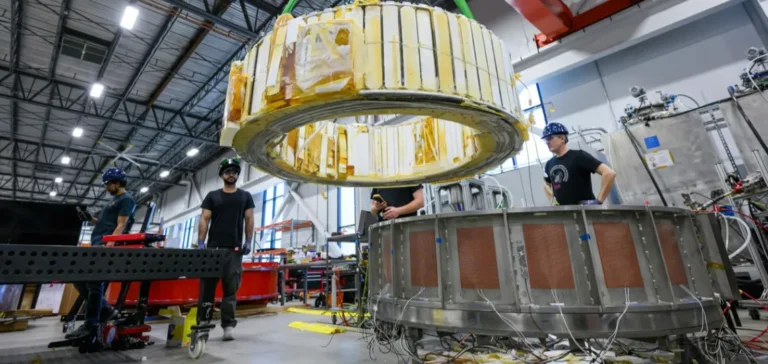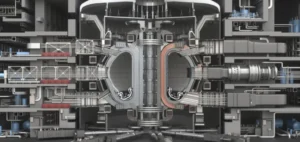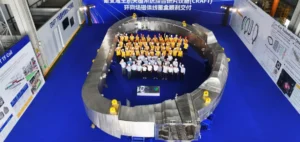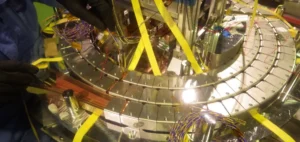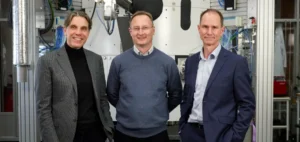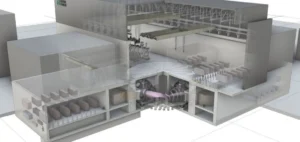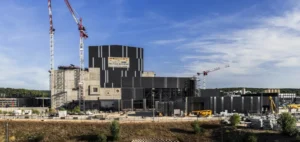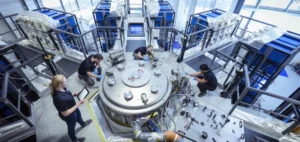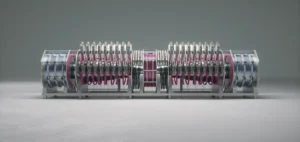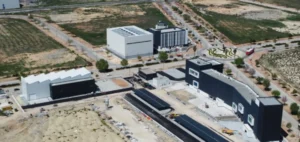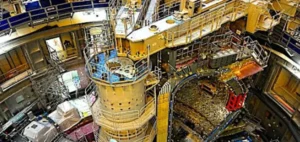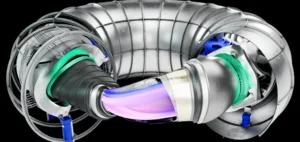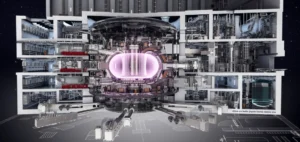Commonwealth Fusion Systems has announced a $863mn Series B2 funding round, representing the largest transaction in deep tech and energy since 2021. The new capital brings the company’s total funding to nearly $3bn, accounting for roughly one-third of all private-sector investment in fusion energy worldwide.
The funds will be used to complete SPARC, the company’s high-field demonstration machine, and advance engineering work on ARC, its first commercial power plant located in Chesterfield County, Virginia. The project is targeting grid connection early in the next decade. Commonwealth Fusion Systems plans to use high-temperature superconducting magnets to achieve effective plasma confinement, a key component for realising positive energy gain.
Strategic investors from multiple continents
The round attracted new institutional, industrial and individual investors from North America, Asia, the Middle East and Europe. A consortium of twelve Japanese companies led by Mitsui & Co. and Mitsubishi Corporation participated, including JERA Co., Inc., NTT, Sumitomo Mitsui Banking Corporation, Kansai Electric Power Co., Inc., and the Development Bank of Japan.
Major financial players such as Counterpoint Global (Morgan Stanley), Google, Galaxy Interactive, Neva SGR (Intesa Sanpaolo Bank), and Woori Venture Partners US also joined the round. Several existing backers increased their commitments, including Breakthrough Energy Ventures, Eni, Emerson Collective, Khosla Ventures, and Safar Partners.
Industrial strategy supported by energy partnerships
In parallel with the capital raise, Commonwealth Fusion Systems is reinforcing its collaborations with established energy players. Google, already an investor, signed an agreement to purchase 50% of the electricity generated by the future ARC plant. Dominion Energy is also supporting the project through a strategic partnership to integrate the plant into the electric grid.
The company states that SPARC is a critical milestone on the path to commercial-scale fusion energy. The technology uses powerful magnetic fields to sustain a fusion reaction, replicating the conditions necessary for energy production at commercially viable levels.
Growth driven by electrification and data centre demand
The accelerating demand for electricity driven by artificial intelligence, industrial automation, and digital infrastructure is prompting investors to seek new, reliable energy sources. Commonwealth Fusion Systems is leveraging this momentum to secure its leadership position in an emerging sector.
The ARC project aims to connect a fusion plant to the power grid by the 2030s. If achieved, it would mark a global first in commercial fusion, a field now attracting interest from major financial and industrial institutions.


